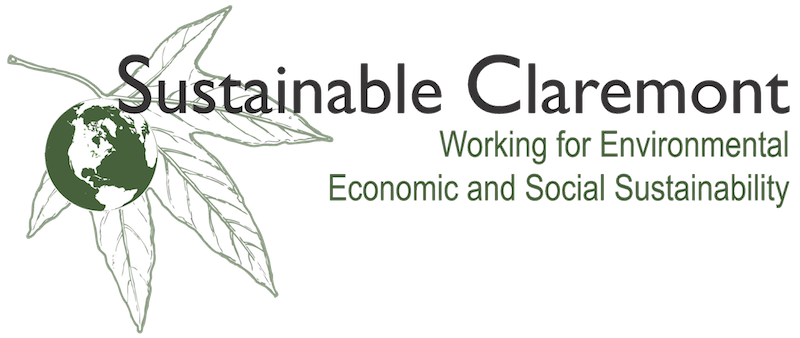Many educated consumers understand the danger to health posed by pesticide and herbicide use in conventional farming. For instance, the herbicide glyphosate may be the most toxic chemical ever approved for commercial use and is present in 80% of the food supply in the U.S., even in organic crops grown in the vicinity of conventional farms, due to “chemical drift.” Glyphosate has been linked in studies to antibiotic resistant bacteria, Alzheimer’s Disease, Parkinson’s Disease, multiple sclerosis, cancer, and other grave illnesses.
The informed consumer often turns to USDA certified organic food in an effort to avoid ingesting pesticides and herbicides. However, factory organic farming, the source for all supermarket foods labeled “organic”, uses pesticides and fungicides to kill pests. Over 20 chemicals are used in the growing and processing of organic crops that are approved by U.S. Organic Standards.
What makes organic farming different from conventional farming is not the use of pesticides, but the origin of the pesticides used. Conventional agriculture uses pesticides that are synthetic, while organic farming uses pesticides derived from natural sources. It is assumed that because of their natural origin, these substances are safe. However, this is not always true. For instance, Rotenone, a USDA organic approved “natural” pesticide derived from subtropical plants, is highly toxic because it kills by attacking mitochondria, the energy powerhouses of all living cells. Research has found that exposure to this chemical causes Parkinson’s Disease-like symptoms in rats and that it has the potential to kill many species, including humans. The most widely used organic fungicide, pyrethrum, has been shown to lead to increases in tumors in rats and is known to be highly toxic to bees and wasps, the species necessary for the pollination of crops and other plant life.
Perhaps these lax standards for what is considered safe in organic farming are due to the fact that the USDA has stacked its National Organic Standards Board with agribusiness executives, in violation of federal law, as detailed by the Cornucopia Institute in its 2012 report “The Organic Watergate”.
While it is true that buying certified organic definitely reduces the consumer’s exposure to the more numerous pesticides and herbicides used in conventional agriculture, there is an even better alternative. Some non-factory farmers are growing food beyond organic standards, using no pesticides or synthetic chemicals whatsoever. One such option exists here Claremont, thanks to our nonprofit organization, Uncommon Good. We are employing the parents of children in our educational program, many of whom are displaced farmers, to grow produce with no pesticides or chemicals. Half of what we grow we give for free to the low-income families we serve. The other half we sell to the community from our website and from our Claremont office, M-F 9-5pm and Sat. 9-1pm. Currently we are growing produce in the yards of local families and are installing a farm plot at Temple Beth Israel in Pomona, to be followed by another at Claremont Presbyterian Church.
If you agree that spraying poison on your food may be a bad idea, come try our produce. It is harvested in the morning and can be on your plate that evening. You can find daily posts about what is coming in from our farm plots at our website at www.uncommongood.org All proceeds go to support our education program for low-income children. Our farms are a win-win-win for your health, our community and the environment.
Demystifying Sustainability is an initiative of Sustainable Claremont (sustainableclaremont.org).
